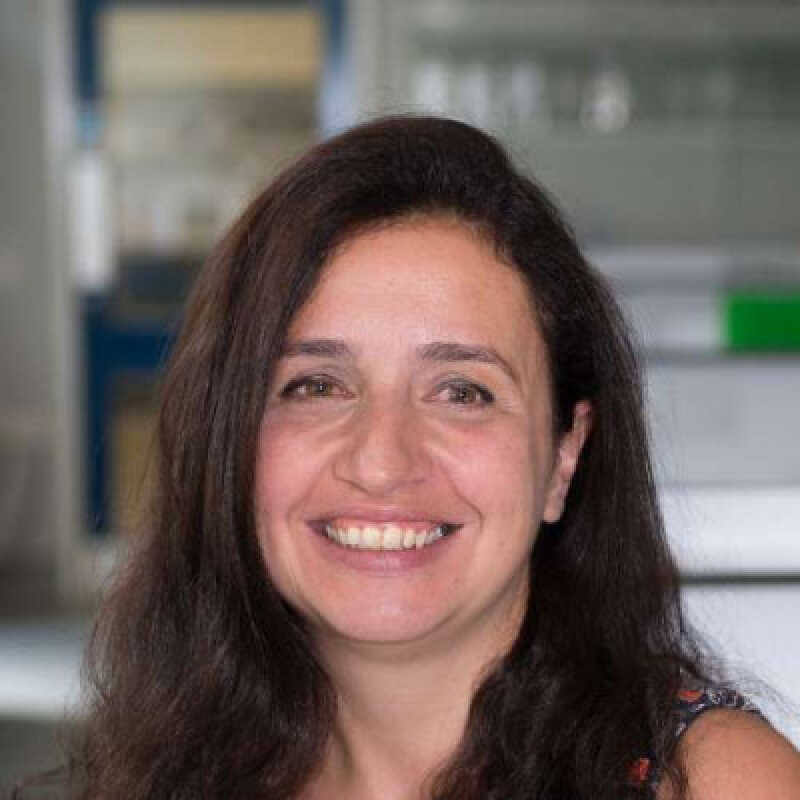- University of Kent
- Biosciences at Kent
- People
- Professor Alessia Buscaino
Professor Alessia Buscaino


Professor Alessia Buscaino graduated in Molecular Biology at the University of Palermo (Italy) in 2000.
She conducted her PhD research in the laboratory of Dr Asifa Akhtar at the European Molecular Biology Laboratory (EMBL-Germany) research institute. During her PhD, her interest in epigenetics and chromatin modifications flourished while investigating mechanisms of Dosage Compensation in Drosophila melanogaster.
In 2005, Alessia was awarded an EMBO long-term post-doctoral fellowship to conduct research in the laboratory of Professor Robin Allshire (WTCCB-Edinburgh). During her post-doc she investigated how heterochromatin assembles on large blocks of DNA repeats in the fission yeast Schizosaccharomyces pombe.
In 2013, she obtained an EMBO short-term Fellowship to investigate the chromatin status of Candida albicans repetitive DNA elements in Judith Berman's laboratory (TAU University- Tel-Aviv, Israel).
Alessia joined the University of Kent in 2013; her group is part of the Kent Fungal Group. Alessia is leading the Growing Kent & Medway Project for the University of Kent
Prof Buscaino's research group is dedicated to uncovering how changes in an organism's genome and epigenome impact its ability to adapt to new environments.
Specifically, the group focuses on the fungal CTG clade, a group of ascomycetous yeasts with emerging clinical importance and high biotechnological potential.
The lab leverages both genetics and genomics to drive innovation projects that serve both curiosity-driven and industrial-relevant goals. Our research can be categorized into three main themes:
1. Understanding the biology of Candida albicans, the most common human fungal pathogen
2. Exploring the use of CTG-clade yeast species in the alternative non-animal based food sector
3. Investigating the potential of CTG-clade yeast species for second-generation bioethanol production.
By bringing together cutting-edge genetic and genomic techniques, the lab aims to uncover ground-breaking insights into these organisms' abilities to adapt to new environments. Our research has the potential to transform not only the scientific community's understanding of these yeasts but also the alternative food and bioethanol industries.
Alessia is the Module convenor of:
The research group is composed of Master by Research Students, PhD Students, Postdoctoral Researchers and Research Technicians.
Alessia is a Core Member of the BBSRC Committee C.
Loading publications...
Showing of total publications in the Kent Academic Repository. View all publications